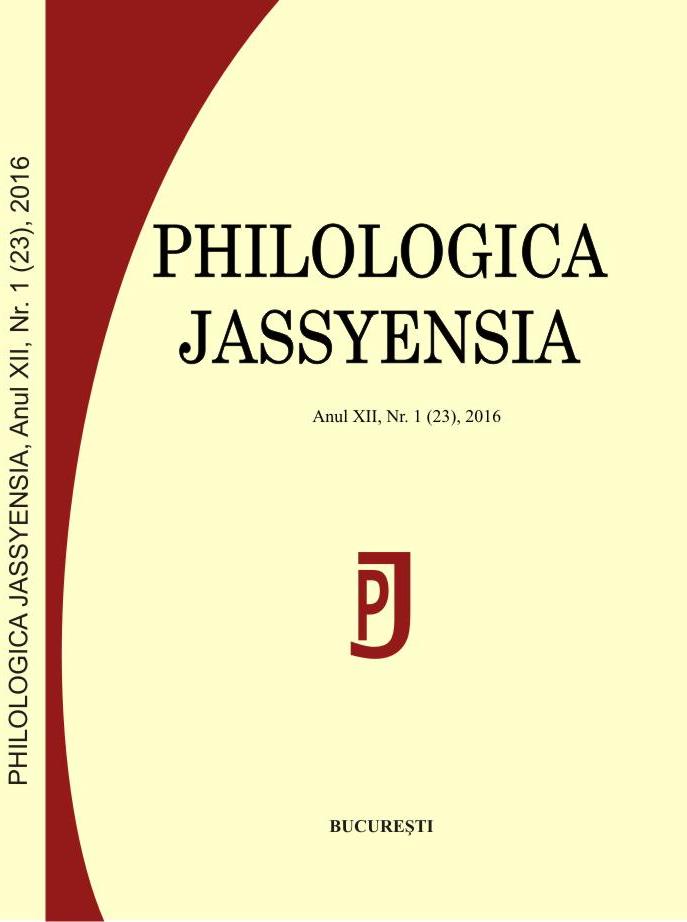Il poema Viiaţa lumii di Miron Costin, specchio e voce di un’epoca buia (I)
Miron Costin’s Poem The Life of the World, a Mirror and Voice of a Dark Age (I)
Author(s): Adriana SenatoreSubject(s): Language and Literature Studies
Published by: Editura Tracus Arte
Keywords: Miron Costin; Moldavian chronicles of the 17th Century; poem “The Life of the World”; literary influences; Romanian versification; Ottoman dominance under the Balkans; Romanian patriotism
Summary/Abstract: The major writer of seventeenth-century Moldovan chronicles, Miron Costin inaugurated his literary career with the poem The Life of the World, composed prior to 1673. A successful synthesis of the immutable values of classical culture and the spiritual needs of a troubled century, the work was a near-absolute novelty in the literary scene of the time with respect to its genre; as for its ideological contents, on the other hand, it was concerned with the unsolved issues on the human condition authors had been trying to tackle since classical Greek and Roman times through the Middle Ages and up to the author's days, where they had found a timid expression in the early days of Romanian literature. Costin's use of the verse can be explained in the light of his education at a Polish Jesuit college, where, among other subjects, ars poetica was taught. This was not simply studied by passively reading and analysing the poetry of Greek and Latin classics, but was personally revitalized through practical composition exercises. Interestingly, Costin felt the need to accompany his work with an introduction expounding the reasons for such a choice as well as illustrating the versification technique adopted; in order to do this, Costin adjusted the short essay's contents – the first ever to have addressed issues in metrics, prosody, and literary theory in the Romanian culture – to the level of its potential readers' cultural background. The author's school experience, as well as his didactic intentions, found thus expression in The Life of the World, which reflects the reality of seventeenth-century Moldova, where the socio-economic conditions, already weighed down by the tax imposed by the Sublime Porte, were getting worse due to the struggle for power between the most ambitious exponents of the great aristocratic families, when the Country became a land of conquest for hegemonic powers – i.e. Poland, Tsarist Russia, and the Ottoman Empire. The tone of poem was made even gloomier by the poet's personal life, as he had known not only the splendor of his social position (Costin held important diplomatic posts and had a brilliant career in the civil service), but also the dangers of the battlefield, the sadness of exile, and the poison of political struggle.
Journal: Philologica Jassyensia
- Issue Year: XI/2015
- Issue No: 2 (22)
- Page Range: 173-200
- Page Count: 28
- Language: Italian

